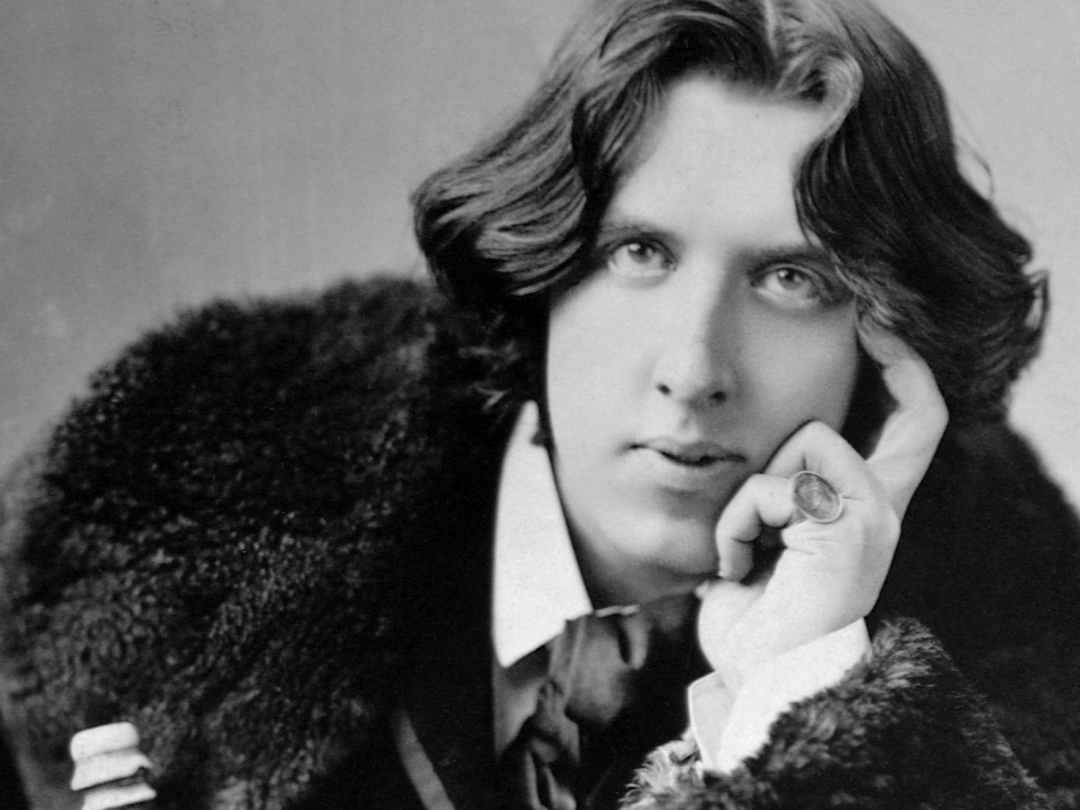“You have a marvelously beautiful face, Mr. Gray. Don’t frown. Beauty is a kind of genius, even greater than genius, because it needs no explanation. Beauty is one of the sublime phenomena of the earth, like sunlight, like springtime, like the reflection of that silver shell we call the moon in the dark waters. Its greatness cannot be questioned. Sovereignty is its divine right. She bestows princedoms on those who possess her. Smiling, huh? Well, you won’t smile when you lose your beauty”
Oscar Wilde wrote this work as a slap in the face to those around him who did not believe in his ability to write novels, and withdrew from the stage. The author has shown that he can write novels in such a way that, despite the years that have passed, we remember him with great pleasure, taking different lessons every time we read it.
Wilde included many psychological elements in this novel. By combining psychological elements with literary pleasure, he gave the reader the pleasure of reading. The author was bullied because of his sexual tendency in the age he lived in and became very lonely. Loneliness is not only spiritual. Wilde was also thrown into dungeons.
The work he wrote, The Picture of Dorian Gray, fueled this fire even more. But Wilde did not stop, why should he stop and succumb to this pressure of society?
Would he be the Oscar Wilde of today if he had been one of those who succumbed?
We would not have heard of him, we would have lived and died unaware of his works. Wilde rebelled against all the vices and hypocrisies of his age, the Victorian age, and tried to exist.
Is this novel fiction, or are there traces of Oscar Wilde’s life?
Oscar Wilde said, “Basil Hallward is who I think I am. Lord Henry is who people think I am, and Dorian is who I want to be, perhaps in another age.” His statement gives the impression that he deeply experiences identity confusion.
Dorian had an unhappy childhood. His unhappy childhood has made him insensitive to the world and the things in it. In every moment of his life, it is inevitable that we see the bad traces of the past. Those famous childhood traumas that underlie every psychological case.
Dorian is a very beautiful man. But he is not aware of this beauty and it means nothing to him. Basil wants to paint his beauty and paints Dorian’s portrait. Lord Henry, whom he later meets and befriends, is someone who focuses on beauty and tells Dorian that this beauty is very important and precious. After Henry’s suggestions, Gray gradually begins to complain about his beauty and finds himself ugly. Gray gradually evolves into a narcissistic personality. He does not want to grow old, he prays that if someone is going to grow old, why should it be me, it should be my portrait. God answers his prayers, it is not Gray who ages, but Gray’s portrait.
But as the portrait ages, Gray’s character decays. This mood is reflected in the portrait and it becomes ugly. Gray’s body and soul become so ugly that he kills the painter who painted Basel.
Gray does not care about the ugly feelings he will experience while pursuing pleasure. Over time, he begins to feel bored and Gray cannot sleep well. He believes he is a sinner and begins to blame himself. His portrait becomes his mirror, it shows him inside.
While I was reading the book, I was very much drawn to my own inner world. I couldn’t stop thinking about my sins, my weaknesses, my conscience, and my lack of conscience.
” ‘But one can lose one’s way.
‘All roads lead to the same place, my dear Gladys.
“To where?
‘To disappointment.’ “
What does the portrait in the work represent?
“Beauty in my eyes is a miracle of miracles. Those who do not judge by appearances are only shallow. The true mystery of the world is not the invisible, but the visible…”
When we read and analyze the work deeply, we can see that the portrait symbolizes materialism and narcissism and is used as a metaphor. This thought of Gray, who has no time to think about anything other than his own beauty, turns him into a materialistic person over time. His love for himself, his admiration for his beauty, his feelings for his portrait are proof that he has narcissistic traits.
TITLE
Year of First Edition: 1891
Genre: Novel
Author: Oscar Wilde




